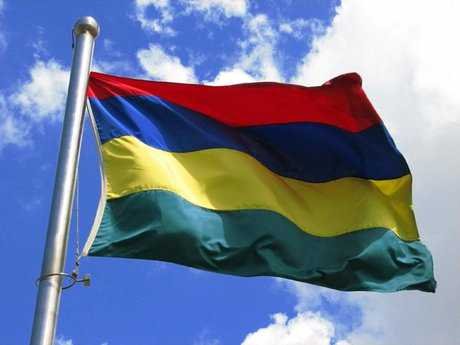Moody's Investors Service, has downgraded the Government of Mauritius's long-term foreign and local currency issuer rating to Baa2 from Baa1 and maintained the negative outlook.
The downgrade to Baa2 reflects the weakening in fiscal and economic strength as a result of the shock brought on by the coronavirus pandemic.
The large share of economic activity, export earnings and employment derived from tourism and related sectors will weigh on the pace of the economic recovery. This in turn will slow the pace of fiscal consolidation. Combined with large fiscal support, this points to a sharp and long-lasting deterioration in fiscal and debt metrics, resulting in a weaker fiscal profile than Baa1-peers, and reducing the government's shock absorption capacity.
Mauritius's credit profile continues to be supported by a strong institutional framework, which has supported historically high and stable growth rates. Past economic growth has supported an increase in income per capita, signaling a higher capacity to absorb shocks.
The negative outlook reflects the mutually reinforcing downside risks from a slower recovery in the tourism sector than Moody's currently expects, with spillovers to the rest of the economy, which would exacerbate the weakening of fiscal strength. The negative outlook also captures the risks related to some of the pandemic-related policy measures, and in particular the large financing of the 2021 budget by the central bank, which raises risks to monetary policy effectiveness.
Mauritius's country ceilings have been lowered by one notch. Namely, Mauritius's local-currency country ceiling was lowered to A1 from Aa3. The four-notch gap to the sovereign rating reflects a relatively favorable legal and regulatory framework that supports policy predictability, low external vulnerabilities and a stable political system, balanced by reliance on tourism which represents a source of common shock for the government and non-government issuers in the country. The foreign-currency ceiling was lowered to A1 from Aa3. Mauritius's role as an international financial center significantly reduces the incentives to impose transfer and convertibility restrictions, supporting the foreign-currency ceiling's alignment with the local-currency ceiling.






































